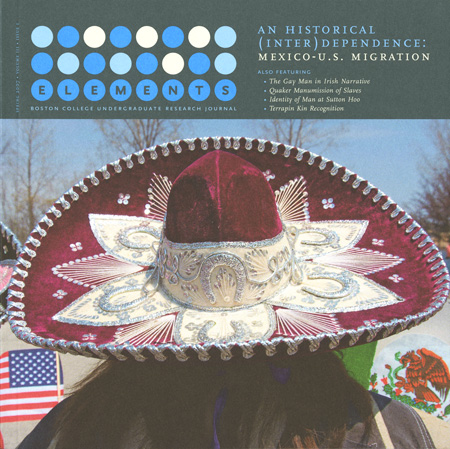Trans-Generational Trauma: The Zone of Indistinction After Auschwitz
DOI:
https://doi.org/10.6017/eurj.v3i1.8978Keywords:
Spring 2007, humanities, history, EnglishAbstract
Giorgio Agamben talks about the concentration camp as a zone of indistinction where the exception was the rule, the illicit licit, and the extreme normalized. This paper seeks to extend Agamben's theory to understand the trauma of the concentration camp. If the real horror of the camp was indeed this zone of indistinction, then can we understand the trauma as the continued experience of the traces of this zone of indistinction? While the survivors were in the camps, it was a barbaric world built on normality; in their later lives, it was a normal world laced with traces of barbarism. Abraham and Torok's theory of the phantom is applied to discuss how this trauma of indistinction is transferred to the children of Holocaust survivors. Finally, Art Spiegelman's Maus and Melvin Jules Bukiet's After are examined through the lense of these combined theories to discuss the form of second generation Holocaust literature in relation to the trans-generational trauma experienced by its authors.Downloads
Published
2007-04-15
How to Cite
Kraus, R. (2007). Trans-Generational Trauma: The Zone of Indistinction After Auschwitz. Elements, 3(1). https://doi.org/10.6017/eurj.v3i1.8978
Issue
Section
Articles
License
Copyright (c) 2015 Elements

This work is licensed under a Creative Commons Attribution 4.0 International License.

